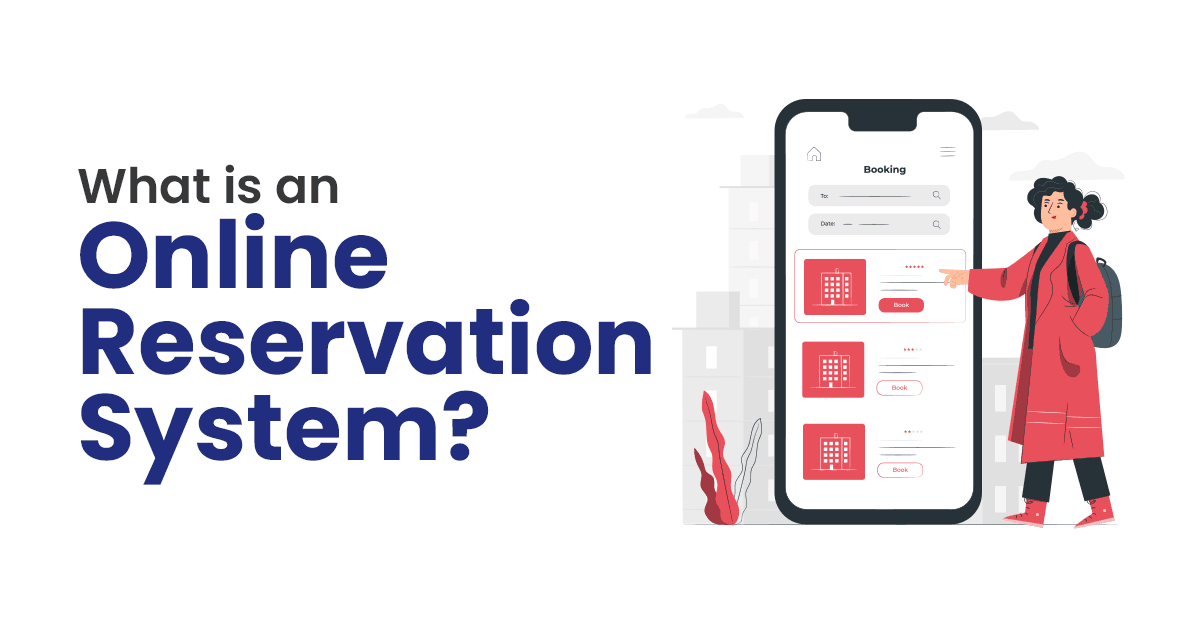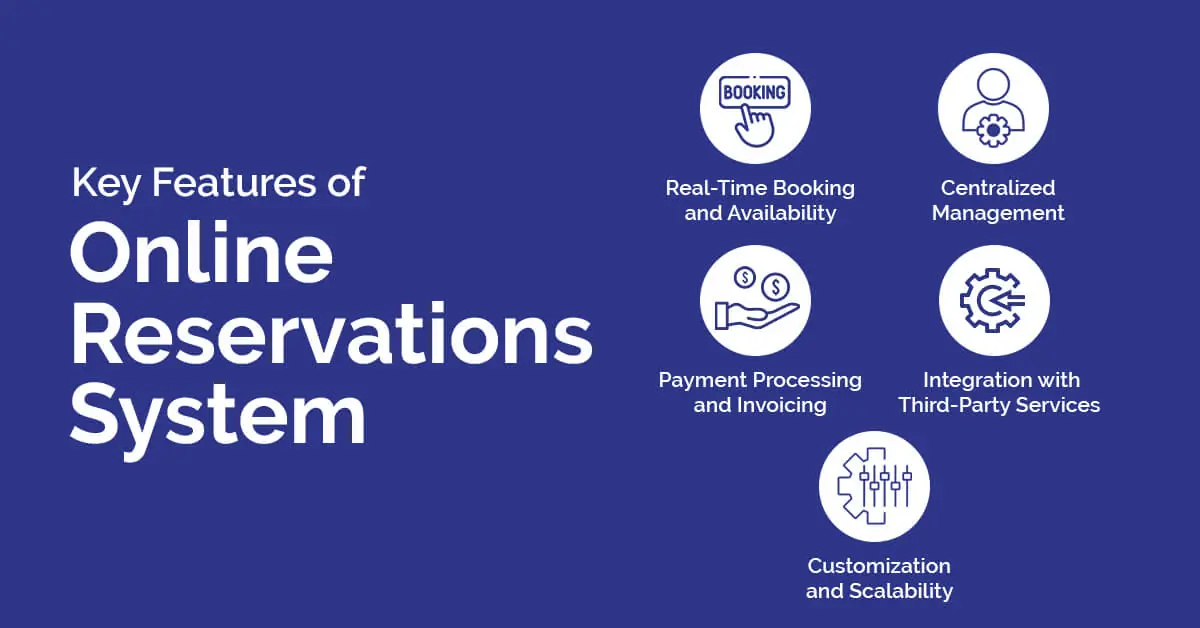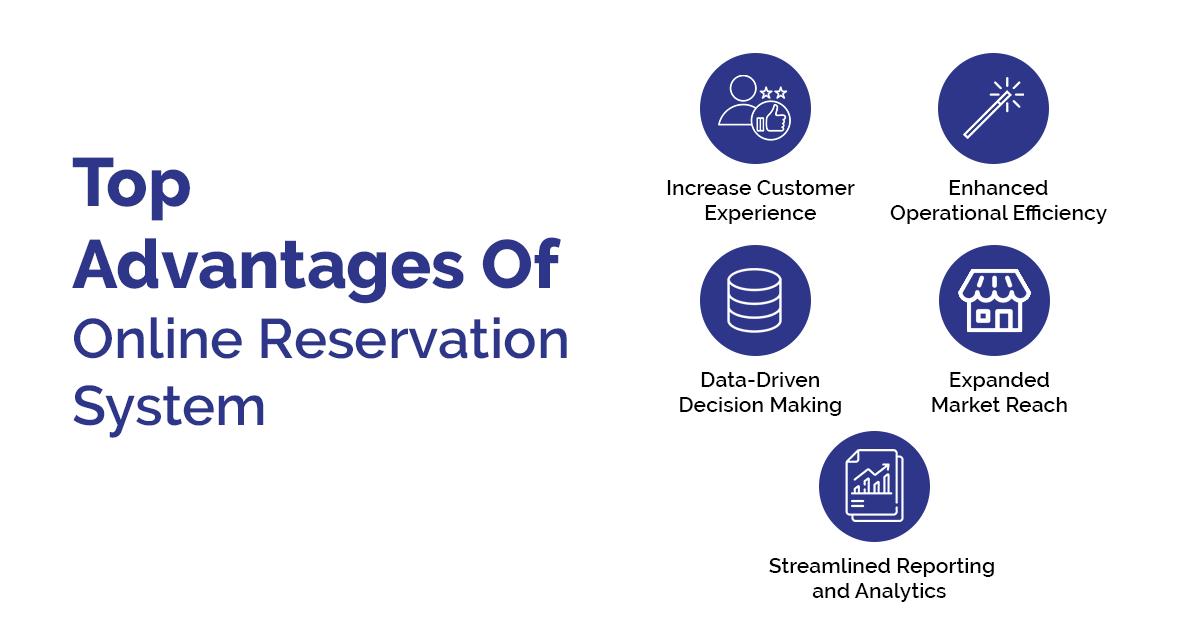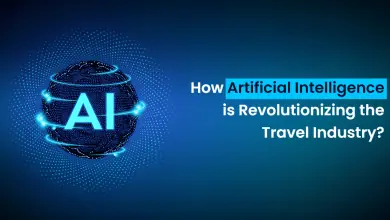What is an Online Reservation System? Guide for Travel Business

Introduction to Online Reservation Systems
Are you tired of spinning your wheels with manual booking procedures? Imagine if you could simplify the process, save time, and provide a better customer experience. With a free online reservation system, it’s possible you can shift into high gear and streamline the entire process. This turbocharged tool is like a well oiled solution, it can automate and simplify work operations to deliver a smoother and optimized experience.
In many ways, the travel online reservation system is proving a game-changer for travel businesses – it streamlines the entire reservation process, making it faster, safer, and more convenient for both you and your customers. With the right online reservation system, managing bookings and reservations will become as effortless as a bird gliding through the air, and your business will take off like a rocket ship headed for the stars. In this article, we’ll extensively explore what is reservation system and how online reservation systems can supersize your bottom line so let’s hit the ground running!
Key Features of Online Reservations System
Online booking and reservation is the bread and butter of many businesses it’s where the money comes in! That’s why it’s crucial to have a booking platform that’s top-notch, with all the features and functions you need to succeed. To make sure you’re equipped for success, here are the most important features of a robust reservation online system:

Real-Time Booking and Availability
Real-time booking and availability ensures that customers are always able to view and book available time slots or resources. This feature in the reservation system online helps to minimize the risk of double bookings and helps keep everything running smoothly.
Centralized Management
Reservation online system features centralized management that allows businesses to manage all their bookings and reservations from one central location. This makes it easier to keep track of bookings, monitor availability, and make any necessary changes or updates.
Payment Processing and Invoicing
Payment processing and invoicing are essential features of a robust booking and reservation system, as they enable businesses to accept payments securely and efficiently. This feature streamlines the payment process and helps ensure that customers can pay easily and without hassle.
Integration with Third-Party Services
Integration with third-party services can add additional value to an online reservation system by providing additional functionality or features. For example, integration with a customer relationship management (CRM) system can help businesses manage customer data more effectively.
Customization and Scalability
Customization and scalability are important features for businesses that want to grow and expand over time. A robust online reservation system should allow for customization and be scalable enough to adapt to the changing needs of a business. This can include features such as custom branding, flexible pricing structures, and the ability to add or remove resources as needed.
Advantages Of Online Reservation System
Think of an online reservation system as your very own sales assistant – it’s the final step in closing a sale! As a potential investor, you’ll be pleased to know that investing in an online reservation system free of glitches can have a multitude of benefits for your business. Take a closer look at the significant benefits of online reservation system:

Enhanced Operational Efficiency
With a free online reservation system for restaurants, you can streamline your booking process and reduce the time and effort needed for manual bookings. This frees up staff to focus on other areas of your business, resulting in improved efficiency and productivity.
Improved Customer Experience
An online reservation system makes it easier for customers to book and manage their reservations, providing a more convenient and user-friendly experience. This will tap into their unconscious psyche and crank up the retention rates for your company.
Data-Driven Decision Making
An online reservation system provides valuable data and insights that can help inform business decisions. From customer behavior to booking trends, this data can be used to optimize your operations and improve your bottom line.
Expanded Market Reach
By making it easier for customers to book and manage reservations online, you can expand your market reach beyond your local area. This can help you capture a new audience and boost your market profitability.
Streamlined Reporting and Analytics
With an online reservation system, you can easily generate reports and analyze data to gain insights into your business operations. This can help you identify areas for improvement, track performance, and make informed decisions about your business.

Navigating the complications associated with Online Reservation Systems
It’s important to be aware of the potential complications that can arise when choosing or implementing an online reservation system. Here are five potential roadblocks to keep on your radar.
Compatibility
One of the main complications that can arise when choosing or implementing an online reservation system is compatibility issues. This can be a significant challenge if the software is not compatible with your existing systems, which can result in integration issues, downtime, and other operational disruptions. To mitigate this risk, it’s important to carefully evaluate the compatibility of any system you’re considering, including the software and hardware requirements, and to work with your IT team to ensure a smooth integration.
Budget
Pricing is another major factor to consider when selecting a bed and breakfast online reservation system. Some online reservation systems may require a significant upfront investment, which can be a challenge for businesses with limited resources. It’s important to carefully evaluate the costs and benefits of different options to ensure that you’re getting the best value for your investment. This may involve conducting a cost-benefit analysis, comparing different pricing models, and looking for ways to minimize costs without sacrificing quality or functionality.
Complexity
The implementation of can be a significant undertaking, especially for businesses with complex operations or multiple locations. This can involve a steep learning curve for staff and potential delays in getting the system up and running. To minimize the risk of complications, it’s important to work with a provider that offers comprehensive training and support, and to establish clear implementation timelines and milestones. It’s also important to involve key stakeholders in the implementation process to ensure that the system is designed to meet the specific needs and requirements of your business.
Security
With an online reservation system, there is always a risk of data breaches and other security issues. This can include unauthorized access to customer data, credit card fraud, and other forms of cybercrime. To mitigate the risk of security complications, it’s important to carefully evaluate the security features of any system you’re considering. This may include features such as secure payment processing, data encryption, and multi-factor authentication.
Customer Experience
While an online reservation system can improve the customer experience in many ways, there is always a risk that the system may not meet the needs and expectations of your customers. It’s important to carefully consider the user experience and gather feedback from customers throughout the implementation process to ensure that the system is meeting their needs.
Collaborating with a company like OneClick can help you overcome potential roadblocks like these. We offer a comprehensive online reservation system for restaurants and travel that address key challenges such as compatibility, cost, complexity, security, and more, helping businesses streamline their operations and improve their bottom line.
Choosing the Right Online Reservation System for Your Travel Business
Nobody would want to steamroll their operations and face no-show(s) owing to a subpar system. Choosing the right restaurant online reservation system for your travel business is crucial to thriving in today’s cutthroat competition. We’ll discuss 5 parameters about online reservation system that you should evaluate carefully before you consider to design an online restaurant reservation system:
Assessing Your Business Needs and Goals
This involves identifying the key features and functionality that your business requires, such as real-time booking, payment processing, and reporting capabilities. You should also consider your long-term goals, such as expanding your market reach or increasing your revenue, and look for an online hotel reservation system that can help you achieve these objectives.
Comparing Pricing Models and Features
This would involve researching different providers, evaluating their pricing plans and feature sets, and conducting a cost-benefit analysis to determine which online restaurant reservation system offers the best return on investment.
Evaluating Integration Capabilities
You need to ensure that the online room reservation system you choose is compatible with your existing software and hardware systems, and that it can integrate seamlessly with other third-party services and platforms. This will help ensure a smooth implementation process and minimize any potential disruptions to your business operations.
Considering User Experience and Interface
You want to choose an online reservation system that is intuitive and easy to use for both your staff and your customers. This can help ensure that the system is adopted quickly and efficiently, and that it provides a positive experience for your customers.
Ensuring Security and Compliance
You need to ensure that the online restaurant reservations system you choose meets the latest security and compliance standards, and that it provides robust data protection and privacy features. This will help ensure that your business and your customers are protected from potential security breaches and other risks.
Unlock Growth And Revolutionize Travel Bookings With Oneclick’s Best Online Reservation System Solutions
“Oh, investing in an online reservation system restaurant? That’s a tough sell – after all, who needs a system that automates bookings, reduces workload, and increases revenue, right?”
Just think of all the fun you’ll be missing out on manually scheduling appointments, chasing down payments, and dealing with unhappy customers.

But seriously, bankrolling in the best online restaurant reservation system is one of the smartest moves a business can make. It’s like having your own personal assistant – only it never sleeps, never takes a day off, and never forgets an appointment. Plus, with features like real-time booking, centralized management, and payment processing, you’ll wonder how you ever managed without it.
OneClick’s truly game-changer online reservation system example can prove to be the icing on the cake for your travel business, providing you with a range of advanced features, from real-time booking and availability to robust reporting and analytics, to help you beef up your operations and deliver exceptional customer experiences.
So, what do you say? Are you ready to streamline your booking process, boost your revenue, and elevate your business to unprecedented heights?
Conclusion: Embracing the Future of Travel Booking
In this article, we took a fishing expedition on travel reservation system definition comprehensively and how it can help soar your revenue statistics. To sum it up, advantages of online hotel reservation systems are profuse, and investing in an online reservation system can help your business operate more efficiently, improve the customer experience, and provide valuable data and insights for data-driven decision making.
With a systematized and automated booking procedure, you can focus on providing quality service and attracting more customers, leading to increased efficiency and revenue. So if you want to stay ahead of the competition, buckle up and get ready for a smooth ride with online reservation system.





